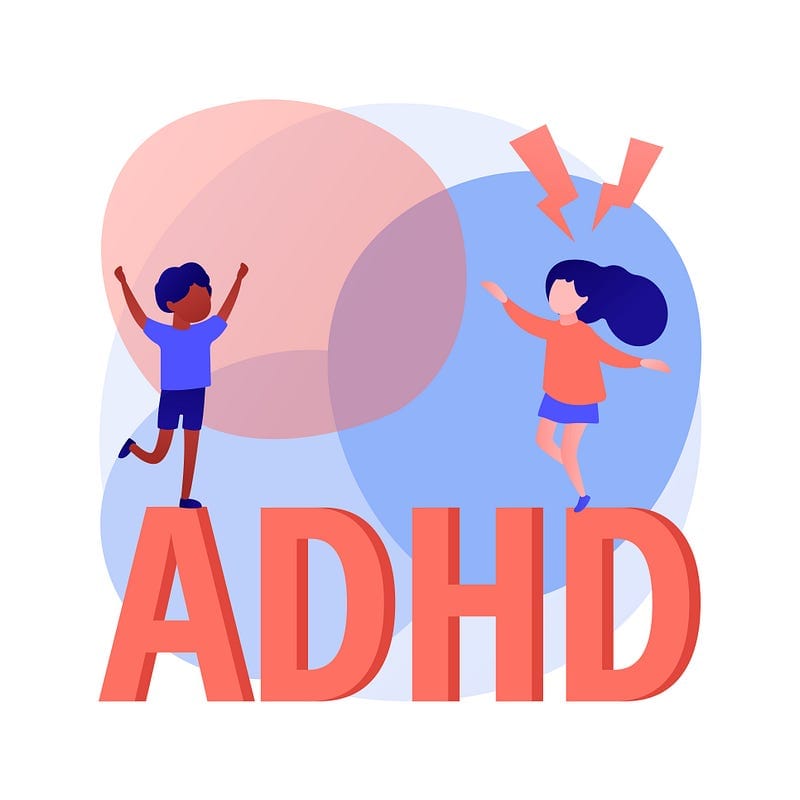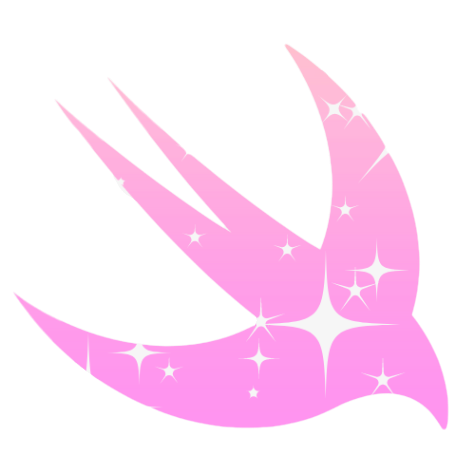Tools I Use With My ADHD Brain
Attention Deficit Hyperactivity Disorder (ADHD) is a condition that affects people’s behaviour. Many children are diagnosed with this…

Attention Deficit Hyperactivity Disorder (ADHD) is a condition that affects people’s behaviour. Many children are diagnosed with this disorder at an early age and people living with this condition are usually restless, have trouble concentrating and may act out of impulse [1]. Until recently it was believed that only children had ADHD but it can also affect adults [2]. ADHD is a broad spectrum and is still considered taboo.
I was diagnosed as an adult and it was essentially giving a name to what I thought was my personality and the way that I lived my life.
I’m starting to understand myself better and how my brain works with the help of psychotherapy and medication. If you think you may have this disorder please, get a diagnosis with a psychiatrist. Seek treatment with a mental health specialist.
I postponed writing this for a long time because I was afraid of how people would treat me for publicly talking about it. How can I explain to everybody that I’m not hiding behind a disorder and I’m not lazy?
And I don’t have an answer for that.
What I can tell you is that there are a lot of people that are going through with I am going through at the moment and may not have the same tools that I have and I want to change that.
These tools and things I do may seem weird somehow but I wrote this to share my experience and if it can help at least one person I’m happy.
Chasing the Dopamine
Simply put, people with ADHD have lower dopamine levels, which usually prompts someone to seek quick and easy stimulation [3].
People with this diagnosis are more likely to be addicted to drugs or other dangerous behaviour. The overall sense of satisfaction is never enough.
I believe that with the rise of TikTok and other kinds of short-term content is very harmful since the reward feeling you may get when watching a video can be addictive and may keep you scrolling for several hours.
Even you the reader may skim through this document looking for exciting images or something to pull you in to get the amazing reward feeling. Imagine that feeling ruling your life. Everything you do is just to get that reward.
I wake up one morning and I get this incredible surge of energy.
I want to be the best develeloper there is, I need to buy a Udemy course!
I buy the course just to spend 10 min of happiness by being productive. I receive the dopamine reward and now I have to do the boring task of actually taking the course.
I quickly get excited just by thinking about another trending software topic.
Off to buy another course!
The cycle repeats itself. It has happened more times than I count.

As you may guess, I still struggle with most of these problems, of course. But the excitement and flow of energy can be channeled and the dopamine chasing can be managed. Here’s what worked for me.
Deleting all my social media
The more I see the more I want to see.
When I had Instagram I very much indulged in other people's lives, I got my dopamine when going through TikTok for hours on end.
This was not helpful for me and my goals. It’s been a year since I deleted everything and my only regret is that I didn’t do it sooner.
Commit to one thing and finish it
One of the main problems with people with ADHD have is that when the dopamine “hits”, the task becomes boring, and may not be finished.
One of the tools that worked for me is to pick something and commit to it until is finished.
This is harder than it looks, of course. But trust me, when something is done, even if you’re not happy with the outcome, you can look back and acknowledge that you at least finished. That will build your confidence with time.
Also, when doing a project you may have that little voice inside your head suggesting other, more exciting things to do. I suggest that you write down those ideas instead of changing projects. And when you’re finished you can pick one of those ideas to do next.
Time is of the Essence
One of the things that I struggle the most with is time management. What is 30 min? I can tell you that I can get ready in the morning in just 15 min, that’s what my brain tells me at least.
Realistically, it’s way longer.
When you don’t accomplish the unrealistic timetables you set for yourself, you accumulate stress. At the end of the day, you are exhausted and may feel like a failure.
Sounds familiar? Even though I don’t have all the answers some things worked for me.
Double or Triple the Expected Time
Yes, it does sound weird. But, if you always arrive and are always “on the run” you may have some trouble in time management. Try to think of a task that you usually do daily.
For example, if I want to get to the gym at 7:30 am and I think I can get everything done in 30 min, I’m going to plan a 1 hour as the time allotted to getting ready. Did it work? If not, try to triple the time. Eventually, you will get to the real time that takes to do a certain task.
Set a Time Slot
Procrastination is awful and if you have ADHD you may notice that through out your life you may have worked very well under pressure.
3 assignments to be delivered in an hour? It’s my time to shine baby!
As you may have guessed, this amount of stress is not healthy and it’s not reliable to build a career by doing things “last minute”.
You may find it helpful to create time slots to do certain tasks. And you get the dopamine rush since you shorten the delivery of the task. But for this to work you need to respect the time slot and when the time’s up you need to change subject.
This can also take the form of a timer.
Will you realistically have an easier time to do a task if you have all day, or if you only have an hour to do it? Or even 30 minutes?
Confidence
Like most mental illnesses, it can immensely affect your confidence, career, relationships and the way that you live your life.
Always thinking that you are somehow dumber or slower than your peers does take a toll.
You can protect yourself by being kinder to yourself and setting and building goals for your life.
Organize, Organize & Organize
Object Permanence is something that people with ADHD brain do struggle with. I know I want to drink water, but if I don’t have it next to me, it does not exist.
Self-Organization can help with this:
- Write everything down, and always have a notebook with you;
- Setting long and short-term goals. Where do I see myself at the end of the year? How can I accomplish this?
- Create a fixed schedule to do things outside of work and set timers for each task.
- Spreadsheet your life.
Transparency
This might sound weird but if you are currently working and you trust your boss, you can try to speak to them about your diagnosis and your struggles.
Be honest about your mistakes and always ask for feedback from your coworkers and superiors.
This was a wake-up call for me. Sometimes I let my head get in the way of things and talking to people around me helps set a perspective.
What do other people expect of you?
Write down and check if it makes sense. If you can, have an open discussion with people around you.
TL;DR:
Even with the resurgence of mental health discussions online, I believe people still throw some mental disorders around as a punchline or to be relatable. ADHD is a serious disorder that affects a lot of children and adults.
Here’s the summary of all of the tips I talked about in the post.
Dopamine Chasing
- Delete all social media;
- Commit to a project and finish it;
- Write down all of new fun and exciting ideas to revisit later.
Time is of the Essence
- Double or triple the time you expect to need to do a task;
- Set a timeslot to do a task, respect the end of the timeslot;
- Set small time slots if the task is tedious. E.g: Set 15 min to read.
Confidence
- Write everything down, and have always a notebook with you;
- Define long and short-term goals;
- Create a fixed schedule to do things outside of work and set timers for each task;
- Use spreadsheets to track down goals, finance and almost anything;
- Be transparent with your boss if you can;
- Ask for feedback from people around you.
Conclusion
There are a lot of things I wanted to write about, but I think this sums up the main tools that help me.
Hope you enjoyed this post, leave a comment and let’s get a discussion going about what tools you use to take control of these situations.
References
- https://www.nhs.uk/conditions/attention-deficit-hyperactivity-disorder-adhd/
- https://intermountainhealthcare.org/blogs/topics/live-well/2017/03/busting-the-myths-about-adhd/
- https://www.getinflow.io/post/dopamine-seeking-behavior-adhd
Thank you for taking the time to read this article.
If you enjoyed my work and want to stay updated on future projects, don't hesitate to connect with me on GitHub or LinkedIn. Thank you 🙏🏻
